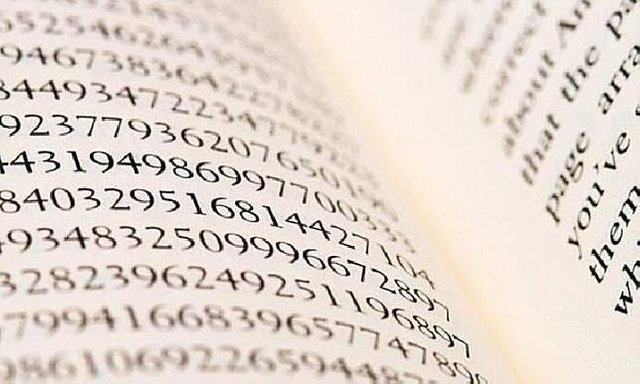
A FedEx employee and 51-year-old math enthusiast has found the world's largest prime number after a 14-year search, the Daily Mail reported late last week.
Jonathan Pace, an electrical engineer based in Germantown, Tennessee, will receive a prize of US $ 3,000 (USD 40.3 million) for his discovery.
Nicknamed M77232917, that prime number - a number larger than one that can only be shared by one and itself - has over 23 million digits.
The record-breaking number was discovered by Pace as part of Great Internet Mersenne Prime Search (Gimps), an international volunteer group looking for unknown prime numbers.
This number consists of 23,249,425 digits, which if printed with a one-millimeter number will be along more than 1,500 buses. That figure is almost a million digits longer than the world's longest prime number, found in January 2016.
"I am very surprised to find it quickly, we expect it will take longer," said Professor Chris Caldwell, a mathematician who runs a web site for the greatest prime number at the University of Tennessee at Martin, told the Guardian.
A computer that used Pace reached that number by multiplying two by itself nearly eighty million times and then subtracted by one.
The program took six days to calculate the new record-holder numbers, which have been confirmed by computers from four other Gimp volunteers.
The numbers belong to a rare group called Mersenne prime numbers, named after the 17th-century French monk Marin Mersenne.
Like any other prime number, Mersenne can only be shared by one and himself, but also must be counted by repeatedly multiplying two and then deducting one. Other Mersenne species include 7, 31, 127, and 8191.
The world's longest premier number was Mersenne's 49th ever found, making the new record holder the 50th Mersenne.
Those interested in this number hunt can join in hunting around the world by downloading free computer programs online.
Gimp's next goal is to find Mersenne prime numbers with more than 100 million digits - a feat worthy of a US $ 150,000 (Rp 2 billion) award from the Electronic Frontier Foundation.
When asked why mathematicians were trying to find larger and larger primes, Professor Caldwell said: "It's like asking why you climb a mountain?"
Follow me